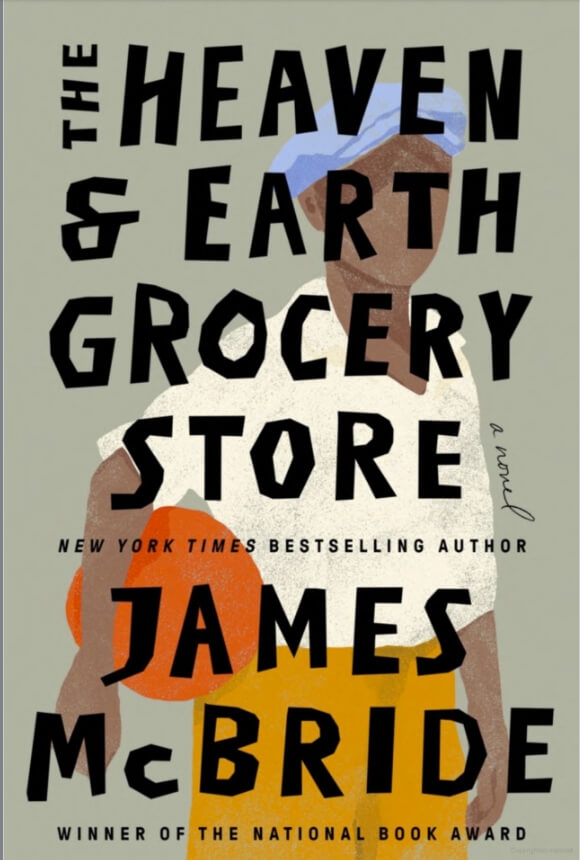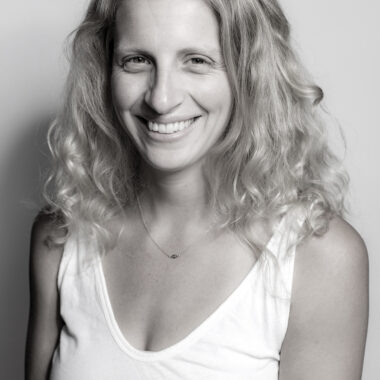Each year, I meticulously keep track of every book I read, writing a short blurb to capture my primary feelings and responses to each book. I do this for many reasons, but mostly because my short term memory is so faulty. I also do this so I have recommendations at the ready when asked the loaded question: “What have you liked recently?” Despite or maybe because I average about 30 books per year, I often fumble for an answer.
I was inspired to share my top ten favorite (and recent) book reviews this year with a wider audience in the spirit of The New York Times 100 Best Books of the 21st Century compilation, which has caused a ripple effect on the internet and amongst avid book nerds with readers responding in outrage or adulation.
I don’t have a particularly fastidious method of selecting what I’ll read next – it’s a mix of books I’ve eyed or come across randomly, chatting with my graduate very literary graduate school friends or listening to The New York Times Book Review Podcast. The list review is just that: a list of books that stood out to me for their enjoyability, style, form, or perhaps I just loved a character. I have no title as a reader – I simply love to read and have been reading voraciously for as long as I can remember.
What’s fun about keeping a list: you can track your trends. On the whole, I lean towards female authors. I generally read an even balance of fiction and nonfiction. In this last year, I gravitated towards longer novels. A rough estimate tells me I read about 9,000 pages in 2024.
Following are my top ten selections of new books, written in the last two years, complete with a quick review. Although not listed below, Miranda July’s reading of her book, All Fours, is a must listen.
I hope you find something to your liking.
The Country of the Blind: Andrew Leland (2023)
Leland’s historical, anthropological-memoir approaches the author’s failing eyesight through a journalistic lens where the writer is clearly most comfortable. Although the book does delve into the emotional aspect of this rare ocular disease, the book relies most heavily on a detailed history of the experiences of the blind in contemporary America.
The Heaven and Earth Grocery Story: James McBride (2023)
This fantastically assured novel takes readers deep into the psychology and history of a small town in Pennsylvania occupied by African Americans and Jews, living in mostly uneasy harmony. McBride’s characters are vivid and gritty and he captures the Jewish American experience alongside the struggles of the black community with ease, insight and memorable characters.
Long Island: Colm Tóibín (2024)
The sequel to Brooklyn, set more than twenty years later, traces Tony’s betrayal of Eilis and her subsequent return to Ireland and the life she left behind. The sequel jumps around between different character’s perspectives, offering new depths and subtly to this alluring novel.
A Day in The Life of Abed Salama: Nathan Thrall (2023)
Thrall’s important piece of journalism exposes readers to the multi-layered systemic, political and religious issues that divide Jerusalem into highly separated areas, resulting in the tragic loss of life of Palestinian school children, all told through the story of one young boy’s father. Despite a clunky narrative style Thrall’s work is a must read.
Demon Copperhead: Barbara Kingsolver (2022)
This rich, full, and captivating novel can be enjoyed with or without the Dickensian background. The main character, “Demon,” a scrappy kid born dirt poor and parentless in rural Virginia charms readers with his self awareness, honesty and desire to live and thrive despite the world’s attempts to leave him behind.
The Best Minds: A Story of Friendship, Madness, and the Tragedy of Good Intentions: Jonathan Rosen (2023)
Rosen’s impressive, sprawling work of nonfiction not only captures a specific suburban New York Jewish boyhood, but the strong ties we form with childhood friends as a result of proximity and shared culture, closely and empathetically following his brilliant and mentally ill friend Michael’s struggle and tragic battle with schizophrenia as they grow from boys to men.
Big Swiss: Jen Beagin (2023)
This satirical, deeply comedic and self aware novel pokes fun at the town of Hudson, New York where former Brooklynites have relocated to live out pastoral dreams seeped in absurd gestures like purchasing miniature donkeys or embarking on inappropriate sexual relationships. The protagonist is deeply relatable and the narrative is tightly constructed and refreshingly modern.
In My Time of Dying: Sebastian Junger (2024)
Junger’s unexpected brush with his own mortality fuels this compact exploration of life after death and the thin screen between living and dying through philosophy, science, and his experience. Compelling, insightful and masterfully written a brief but worthwhile read.
Consent: Jill Ciment (2024)
Ciment returns to the page to examine her marriage which began when she was seventeen and her husband was in his forties in this self aware and beautifully rendered memoir – a bold revision to her original work in the post Me Too era.
Matrescence: Lucy Jones (2023)
This gorgeous book, part memoir, part scientific exploration, plums the largely untouched world of the maternal brain. Writing with nail sharp honesty about her own experience becoming a mother, Jones reminds us all of the sheer magnitude of becoming a mother through personal essays paired thoughtfully with anthropological, psychological and cultural commentary.










